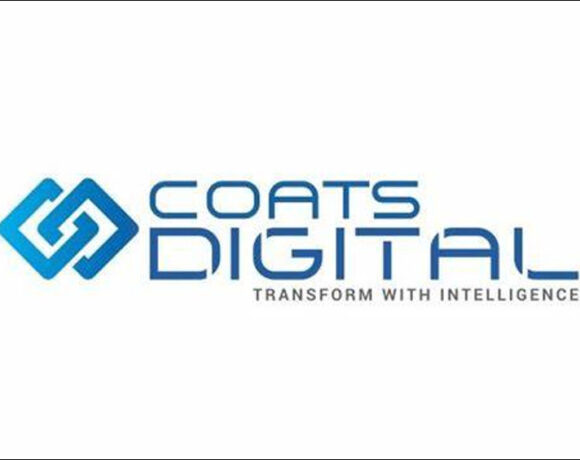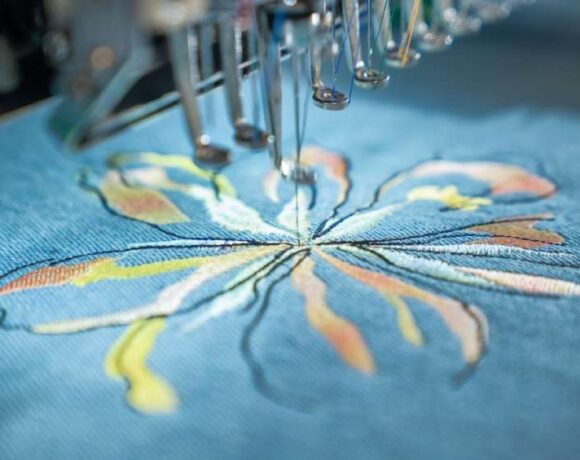TextileGenesis Unveils 2.0 Of SaaS For Secure Traceability

TextileGenesis, a Lectra Group company has launched version 2.0 of its SaaS platform providing the fashion ecosystem with totally reliable, secure and digitised traceability of all materials and garments.
This new version offers innovative new features from risk management, traceability engine based on more than 300 real-world supply transformation steps, to unified platform with real time integration with more than 90 percent of major material certification standards.
Features include a risk and compliance management module that automatically tracks and flags the global supply chain risks from publicly available databases such as the UFLPA entity watch list.
“The system captures and flags the risks across the entire value chain from tiers 1 to 4,” Lectra said in a press release.
The traceability engine ensures that every transaction in the system reflects the real-world complexity with close to 300 supply chain transformation steps.
Consolidation of all major material certification schemes on a single unified platform that allows third- party verification through certification bodies.
The third-party sustainability certification schemes and independent verification are a key requirement for the newly enacted European law banning greenwashing to ensure that product sustainability claims are authentic and verifiable.
Material-origin verification for tier 4 and tier 5 suppliers for all material value chains from recycled polyester, organic cotton, man-made cellulosic to responsible animal fibres.
The new version offers standardised and automated data exchange with fashion brands and textile suppliers through API and SFTP protocol.
Overall, the platform users have a significantly enhanced user dashboard, intuitive interface, and additional data integrity checks to ensure a highly robust, reliable and scalable traceability platform.
Currently, more than 8,000 supply chain roles from more than 70 countries are using the platform to enable their supply chains to become more traceable, for more than 800 million units.














